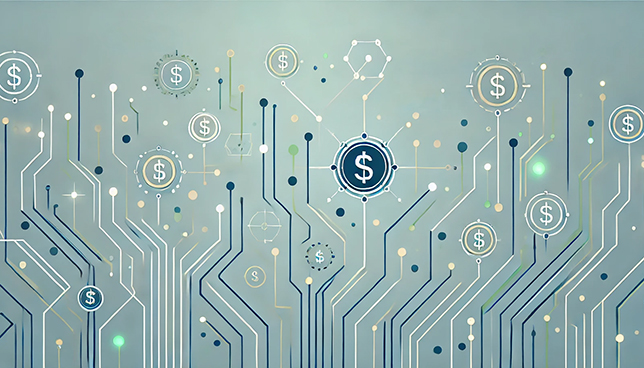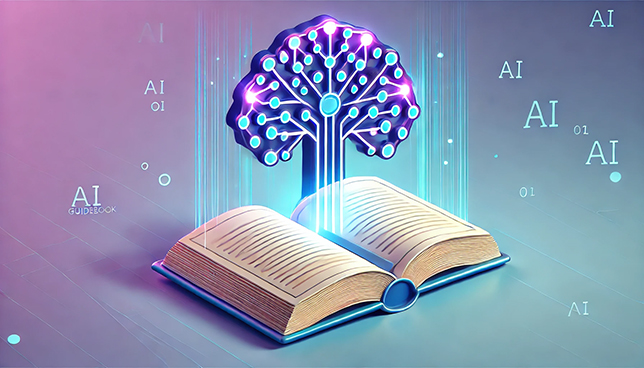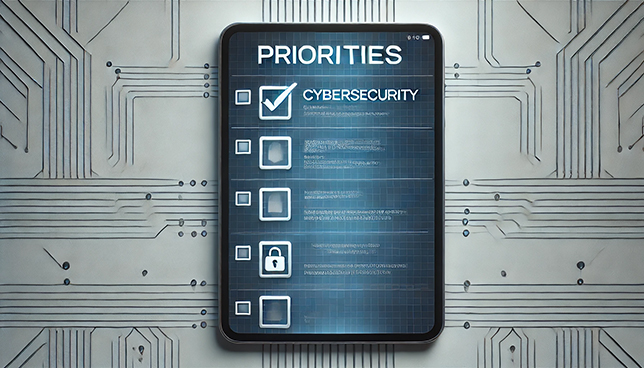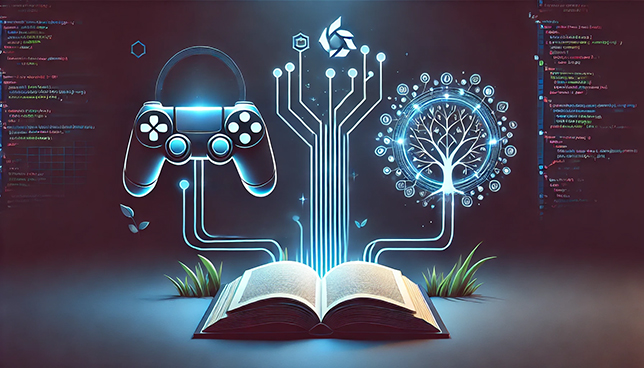
Mobile and IoT/OT cyber threats are becoming more targeted and sophisticated across industry sectors, according to a new report from Zscaler.

A new report from Funds for Learning highlights the critical role of the Federal Communications Commission's E-rate program in funding essential technologies and services for K-12 schools.

The United States Department of Education's Office of Educational Technology has released a new resource to help education leaders navigate AI adoption while ensuring student protection.

Research firm Gartner has named Agentic AI as the top tech trend for 2025. The term describes autonomous machine "agents" that move beyond query-and-response generative chatbots to do enterprise-related tasks without human guidance.

In a few years, nearly three quarters of network operators will use generative AI for SD-WAN management, according to a new report from market research firm Gartner.

Advanced AI can exploit CAPTCHAs designed to prove web actions are being performed by humans instead of machines, new research indicates.

New data from cybersecurity research firm Comparitech quantifies the damage caused by ransomware attacks on K-12 and higher education institutions.

Seventy-seven percent of institutions across K-12 and higher education have identified a cyber attack on their infrastructure within the past 12 months, according to a new survey from cybersecurity company Netwrix.

Cybersecurity remains the top ed tech priority for state education leaders, according to the 2024 State EdTech Trends report from the State Educational Technology Directors Association.

Game development technology is being utilized beyond its traditional gaming roots, according to the recently released annual "State of Game Development" report from development and DevOps solutions provider Perforce Software.